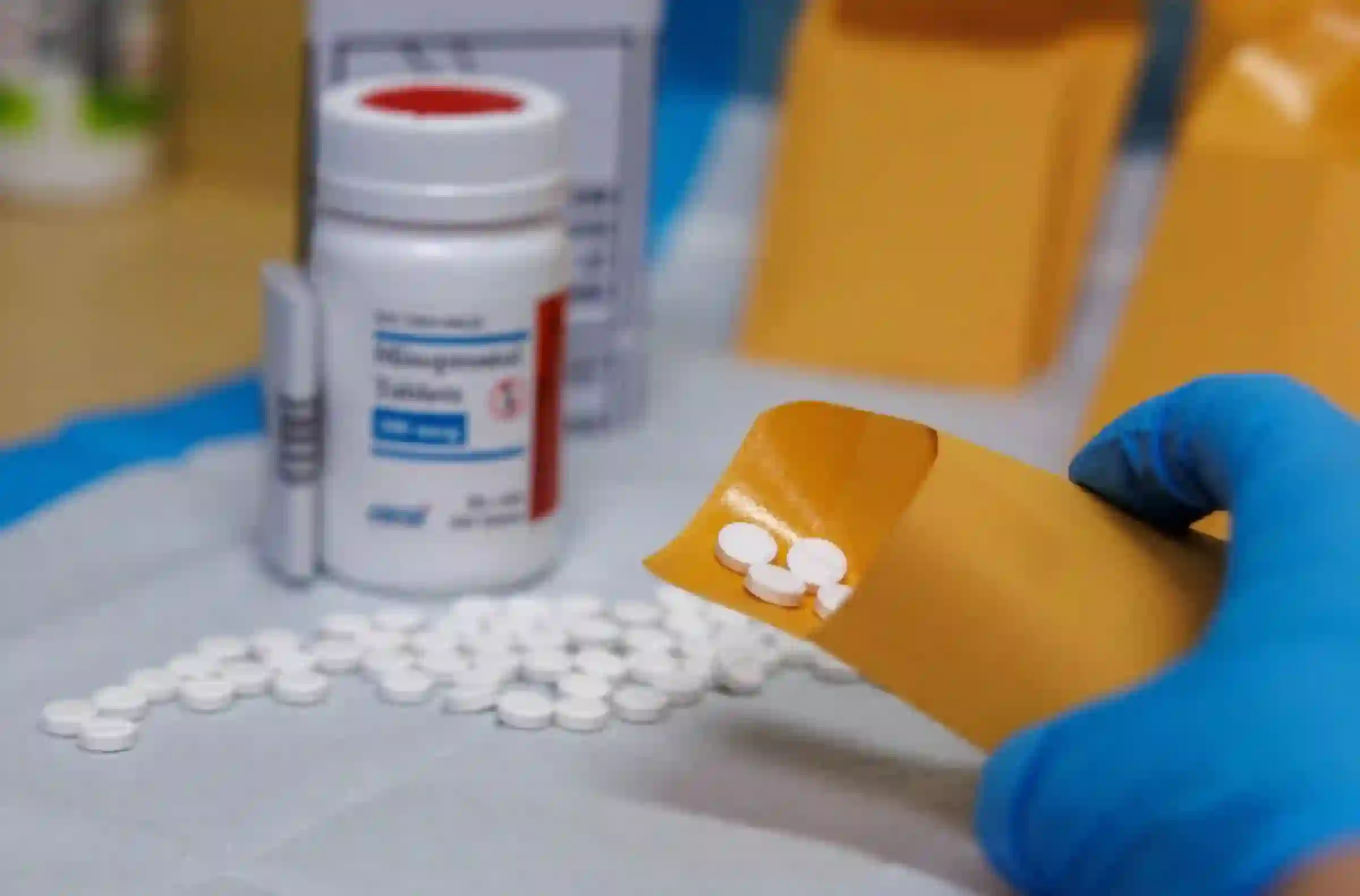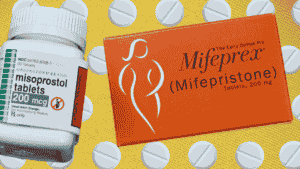As ruled by a Federal Appeals court, one of the most common drugs used for abortion, Mifepristone, will continue to be approved for use but with increased restrictions.

Approval Challenge of Drugs Used for Abortion Continues
On Wednesday, the 5th U.S. Circuit Court of Appeals issued a ruling that halted parts of a controversial court order concerning drugs used for abortion. It was set to go into effect while affirming other parts of the order.
But the Department of Justice has declared it will pursue emergency relief at the U.S. Supreme Court to stick to the entire original court order.
A week ago, U.S. District Judge Matthew Kacsmaryk of Amarillo ruled that the drugs used for abortion mifepristone were improperly approved by the Food and Drug Administration in 2000, Texas Tribune reported.
The 5th Circuit judges, in a 2-1 ruling, agreed with the Department of Justice’s argument that it was too late to challenge the 2000 approval.
But the group of anti-abortion doctors and medical associations were still within the statute of limitations to challenge changes made to the approval of drugs used for abortion in 2016 and 2022. While the case continues, the court reinstated the previous regulations.
READ ALSO: Medical Abortion Pills in New York: Gov. Hochul Secures 150,000 Doses After Court Ruling
Restrictions of Drugs Used for Abortion Tightened by Appeals Court
Mifepristone, one of the most common drugs used for abortion, will remain approved but under more extreme restrictions while a legal challenge continues, a federal appeals court ruled late Wednesday.
This means that Mifepristone drugs used for abortion will remain on the market but are approved only for use up to seven weeks of pregnancy compared to the previous limit of 10 weeks. It cannot be prescribed by telehealth or mailed.
Patients have to attend three, in-person doctor visits to obtain the medication, per the FDA approval in 2000 if they want to access drugs used for abortion. This requirement had been lifted by the Biden administration last year in an effort to expand abortion access, but it has now been reinstated due to the court’s ruling.
In Texas, mailing drugs used for abortion was already illegal. Even before the ruling was released, the return of this constraint is expected to limit access for Texans seeking the medication in other states or illicitly.
READ ALSO: Texas Senate Budget Leaders Approve $308B Plan: What Does It Mean For Texans?

